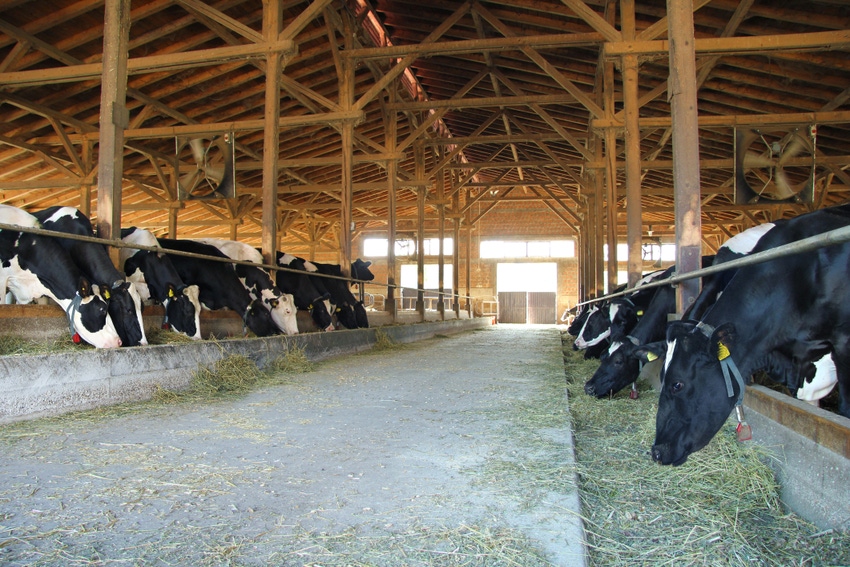State agency must follow rule-making process.

The Dairy Business Assn. (DBA), a nonprofit organization comprised of Wisconsin dairy farmers, milk processors, vendors and business partners, has secured a settlement in its lawsuit against the Wisconsin Department of Natural Resources (DNR) for what DBA calls a “legal overreach on regulations.”
DBA prevailed on the central claims of the suit: that the Wisconsin DNR illegally changed rules for how farmers manage rainwater that comes into contact with feed storage and calf hutch areas.
According to DBA, the state DNR had, for years, encouraged farmers to build vegetative treatment areas (VTAs) on farms to land treat rainwater that comes into contact with feed or waste from calf hutches, but the agency abandoned the practice during the spring of 2016 and began requiring farmers to collect all of that water. While that position had since softened, DBA said the general stance was in favor of significantly more collection and against VTAs.
The settlement will bring immediate relief for dairy farmers facing uncertainty and costly changes and will provide assurance that DNR will create future rules only according to the law, DBA said.
The settlement also reaffirmed the significance of Act 21, a 2011 state law that requires agencies to follow a specific method of rule-making.
“More than anything, this is a victory for the rule of law,” DBA president Mike North said. “The DNR or other state agencies can’t make up the rules as they go along. There is a process that must be followed, and that process promotes public participation, legislative oversight and transparency. That is good for everyone.”
In reaching the deal, the Wisconsin DNR admitted that it overreached its legal authority, vowed to follow the proper rule-making process and agreed to rescind the blanket change in standards for VTAs and calf hutches. Instead, the agency will order changes on a case-by-case basis if a farm’s conditions warrant.
“Farmers’ investments will be protected by this victory,” North said. “Current practices will continue where they are working. A farm-specific approach will save farmers time and money, and we will have better and longer-lasting environmental outcomes.”
All environmental safeguards for water quality remain in place, North said, noting that this settlement does not change existing standards found in state and federal laws.
“This lawsuit was never about rolling back regulations; it was about creating regulations according to a legally prescribed process,” he explained.
The suit, filed July 31, was a first for DBA and came only after years of rebuffed efforts to work with DNR on its approach, North said, adding that the VTA and calf hutch issues were the last straws.
For its part, DBA agreed to drop a third claim related to a large farm’s duty to apply for a permit. The association had argued, in the lawsuit, that the Wisconsin DNR was contradicting a state law by exceeding federal standards that require a specific type of permit only if the farm discharges nutrients to a navigable surface water. DBA said DNR presumes that all large farms have unlawful discharges and, therefore, regulates them as concentrated animal feeding operations, even if they’ve done nothing wrong.
North said the dairy group expected that its duty-to-apply claim would result in a harmonization of state and federal laws while still providing for environmental oversight of farms. However, he said the association realized that this claim would be the most challenging to prevail on in court, even though there was sound basis.
“We are pleased we could help secure a more certain future for Wisconsin dairy farmers and send a strong message that state agencies must follow the rule of law when creating regulations,” North said.
About the Author(s)
You May Also Like


.png?width=300&auto=webp&quality=80&disable=upscale)
